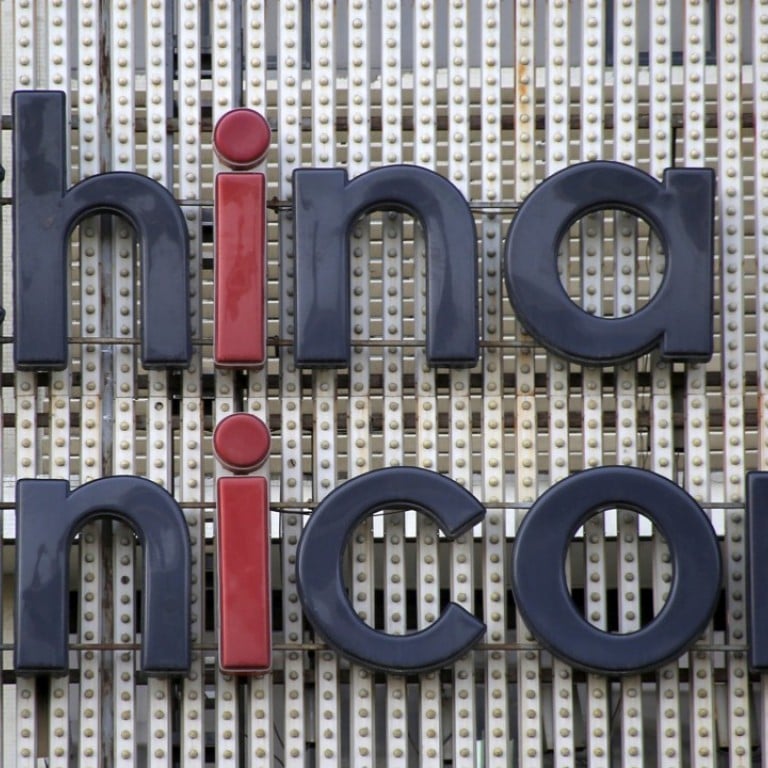
‘Too big to fail’ SOEs are holding back China’s financial reform, says CLSA report
‘So long as the state remains as a shareholder, however small, it is hard for private investors to make a difference,’ says brokerage
China’s state-owned enterprises (SOEs) will prove the biggest stumbling blocks to financial reform, analysts with brokerage CLSA argued in a report published on Tuesday.
Beijing has been promoting supply-side reform to cut excess capacity, inventory, and leverage in the economic system, while introducing mixed-ownership structures to the SOEs to improve efficiency and corporate governance, according to Hong Kong-based CLSA’s latest report on China’s financial reform.
The decree that SOEs are too big to fail has held reform back. Without any change, there is a limit to what can be achieved
However, despite the optimism surrounding SOE reform when it was launched in 2012, investors hoping for “a complete revamp have instead seen little more than the scratching of the surface”, the report said.
“The decree that SOEs are too big to fail has held reform back. Without any change or twist, there is a limit to what can be achieved,” it went on to say.
It picked the recent ownership reform of China Unicom as an example, saying the participation of household-name investors such as Alibaba, Baidu and Tencent “on the surface lends credibility to corporate governance. But it is easier said than done.”
The analysts added: “The concept of activist investor does not exist in China. Even though the shareholding base now includes private entities, they will not be able to exercise any impact on SOEs. For so long as the state remains as a shareholder, however small it is, it is hard for private investors to make a difference.”
“The existence of SOEs, no matter how small the state’s stake, is not conducive to corporate governance, market-based incentives or performance. The Party’s goals are not always aligned with those of investors – and no financial reform can be complete in such a setting,” the report said.

